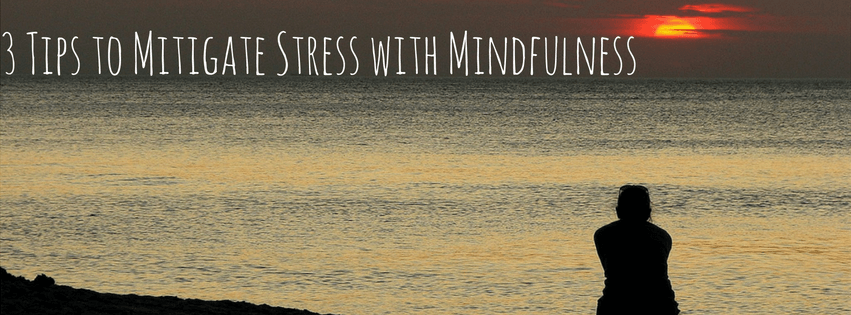In today’s day and age of interconnectedness, it seems we are always multitasking, forever emailing while talking on the phone, texting while eating, and perusing Facebook while waiting on anything and everything. We’re connected, but we’re distracted. Our mind is always in one place while our body is in another. We are paying more attention to the ten-inch screen in front of us than to the immense world surrounding us—and it’s not even necessarily a conscious decision.
It can be difficult to escape the nearly overwhelming hand of technology. It permeates almost every aspect of our everyday lives. Whereas twenty to thirty years ago the workday ended at the office, it now ends, well—never. We can always see our email and check our phones, so it is always present. It is a perpetual presence in our lives, which is why it’s so important to learn how to take a step back, inhale deeply, and remember where you are. Remember who you are.
That’s why it makes sense that mindfulness is becoming so popular. By practicing “awareness that arises through paying attention, on purpose, in the present moment, non-judgmentally,” we are able to pull our head from the clouds (literally?) and come back down to Earth. Instead of stressing over flustered clients and looming deals, there are a few things you can do to properly cope. I’ve listed them below:
Pause for a moment and actually recognize your thoughts. Acknowledge them.
“What are you thinking about?” It doesn’t have to just be a question from a soon-to-be-angry rom-com girlfriend. Sometimes, we are so entrenched in planning our day or week, or so caught up reflecting on the past, that we neglect the present.
There is no need to judge these thoughts as “good” or “bad.” Just notice them. If you want, pretend your thoughts are clouds floating through the sky—and you are just watching them. There is no need to chase them, just to see them. If you do end up chasing them, that’s okay as well. After all, it’s only natural.
Practice an easy breathing exercise.
A breathing exercise is an excellent way to anchor you to reality. It forces you to concentrate on the moment. For instance, count the time it takes you to inhale, and then make your exhale last slightly longer. Every time you breathe out, you are actually signaling the parasympathetic nervous system (which is what regulates your rest and relaxation response).
In fact, you should also try placing one hand on your heart and one on your stomach. When you inhale, you will feel your stomach inflate, and it will help further your draw your attention to the now.
Practice yoga.
As cliche as I’m sure it sounds, yoga is a fantastic complement to mindfulness and aid to cope with anxiety. By being forced to do something in the here and now,you are coming back into your own body. Moreover, there have actually been studies conducted that persuasively suggest that yoga helps regulate stress response by decreasing physiological arousal (as in lowering blood pressure).
These are just a few of the many mindfulness practices that can help anyone and everyone. The next time you feel the tide of anxiety welling up inside of you, breathe it out. Take a step back— and institute a few of these simple tips to help cope. The change will be noticeable, palpable, and immensely helpful.

